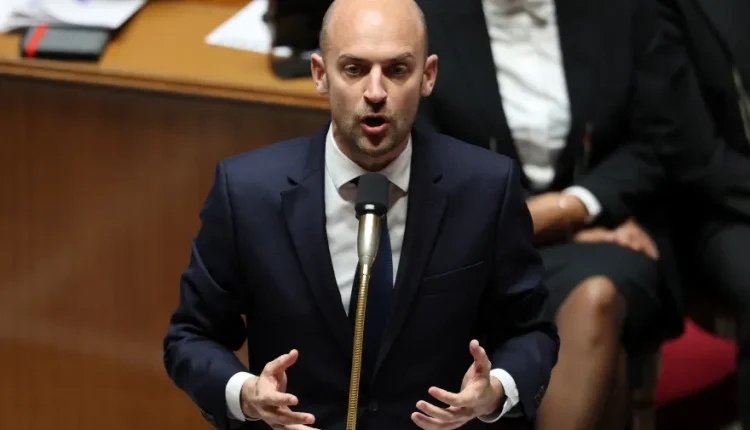France Warns Military Conflict with Iran Is “Almost Inevitable” Without New Nuclear Deal
By Kardo Roj
PARIS, France (North Press) – French Foreign Minister Jean-Noël Barrot warned on Wednesday that military confrontation with Iran is “almost inevitable” if diplomatic efforts to revive the nuclear agreement fail. The statement comes amid increasing tensions between Tehran and Western powers over its nuclear ambitions and regional activities.
Speaking at a press conference in Paris, Barrot stated, “We have only a few months left before the previous nuclear agreement expires. If negotiations fail, the likelihood of military escalation will be very high.”
The French minister’s remarks signal growing concern within European diplomatic circles about Iran’s nuclear trajectory, particularly after repeated accusations from Western intelligence agencies that Tehran is advancing its uranium enrichment program beyond civilian-use levels.
The European Union is preparing to impose additional sanctions on Iran, particularly targeting individuals and institutions involved in the detention of foreign nationals. “The EU will approve new sanctions in the coming weeks, specifically addressing Iran’s unjustified arrests of European citizens,” Barrot confirmed.
The announcement follows a series of detentions of European and dual nationals in Iran, which European governments have repeatedly condemned as “hostage diplomacy.”
Diplomatic sources revealed to Reuters that French President Emmanuel Macron is set to convene a meeting with key ministers and experts to discuss Iran’s nuclear program and regional activities. The meeting will address escalating tensions between Tehran and Washington, as well as potential military and economic measures that could be pursued in response.
The urgency of these discussions reflects broader geopolitical shifts, with Iran’s regional influence under increased scrutiny following its support for various armed groups in the Middle East. Western governments, including France, have expressed concerns over Iran’s role in conflicts across Lebanon, Syria, and Yemen.
Tensions between Iran and the United States have also been rising, with Washington accusing Tehran of non-compliance with the 2015 Joint Comprehensive Plan of Action (JCPOA). The U.S. has maintained that Iran must return to full compliance before sanctions relief is considered. However, Iranian officials argue that the U.S. should lift all economic restrictions as a precondition for talks.
As negotiations remain stalled, observers fear that the absence of a diplomatic breakthrough could lead to increased military provocations. Israel, a vocal opponent of Iran’s nuclear program, has not ruled out unilateral military action to prevent Tehran from acquiring nuclear capabilities.
A military confrontation involving Iran could have significant repercussions across the Middle East, particularly affecting Gulf nations and countries such as Syria, Iraq, and Lebanon, where Iranian influence is strong. Analysts suggest that any military escalation could also impact global energy markets, given Iran’s strategic position in the Strait of Hormuz—a critical chokepoint for international oil shipments.

